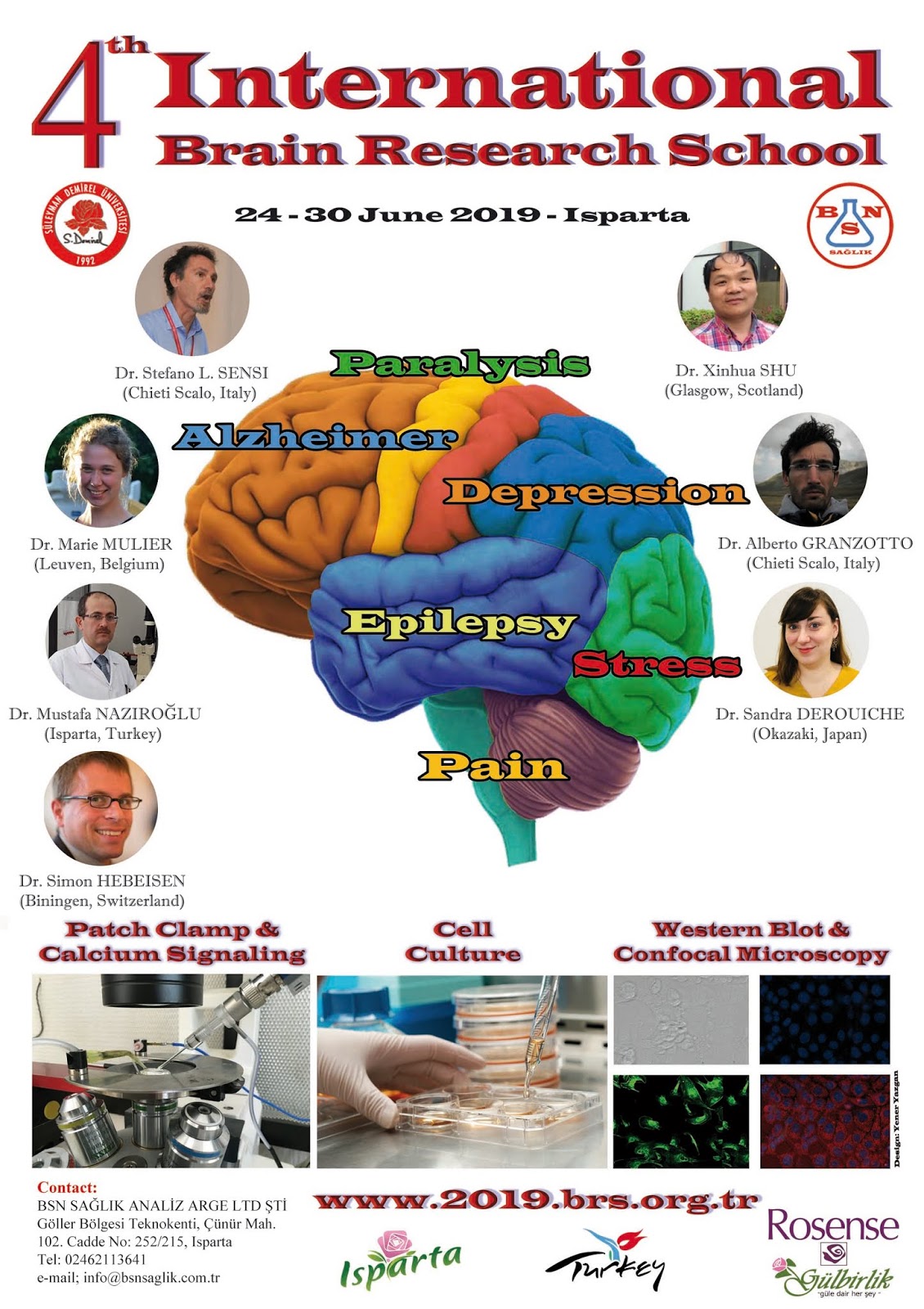PIAGET’S CONTRIBUTIONS TO COGNITION TO PREVAIL FOR SO LONG
Mehmet
Akın Bulut
Learning
and Cognition
Ph.D. Assignment
10
/ 11 / 2019
PIAGET’S CONTRIBUTIONS TO
COGNITION TO PREVAIL FOR SO LONG
Empiricists argue
that experience is the root of all learning while nativists propose the
existence of an innate set of ideas to form the knowledge in humans. Piaget
contends an opinion on learning which is placed exactly in-between these two
suggestions, that’s, empiricism and nativism. He called it interactionism as
Piaget believed that learning was a product of nature (nativism) and
environment (empiricism).
To Piaget, there
were three types of knowledge: physical knowledge which elaborates on the interaction
with the objects in the tangible world, logical-mathematical knowledge that
ponders upon basic abstract concepts and social knowledge that is learned as a
result of child’s interaction with the ones around him/her.
Piaget also
proposed a four-step development in children. First one was ‘qualitative
changes’ in children as the quantitative changes were not adequate to explain
any development. Second was that children progress through stages in a
culture-specific domain. Third was that each stage was inclusive of the
concepts and skills in the previous stages. The last one was the wholeness of schemes
and operations in a child’s brain.
Developmental
stages were defined as sensorimotor period (ages 0-2) which is the recognition
of people and objects, preoperational period (ages 2-7) which is recognition of
symbols and language, concrete operational period (ages 7-11) which is the time
for mental operations and problem solving, and lastly formal operational period
(ages 11 & +) which is systematic, logical and hypothetical thinking over
real issues.
To Piaget, to make
sure that skills in any stage are accomplished successfully, children needed to
go through a number of processes such as (first) assimilation which is the
first step in gaining a complete development of any stage such as throwing,
sucking and touching objects, (second) accommodation which is the second stage
dealing with the application of learned skills in other settings, (third)
equilibration which is the mastery of any stage with complete control and
competency over the stage skills.
When it comes to
the criticism of Piaget’s ideas, what stands out is the existence of certain
stages as Piaget asserted, however, the age differences at which children from
different cultures show competency of the stage. Beyond this, several
scientists brought about the issue that children learned more than Piaget
thought at each stage.





Comments
Post a Comment